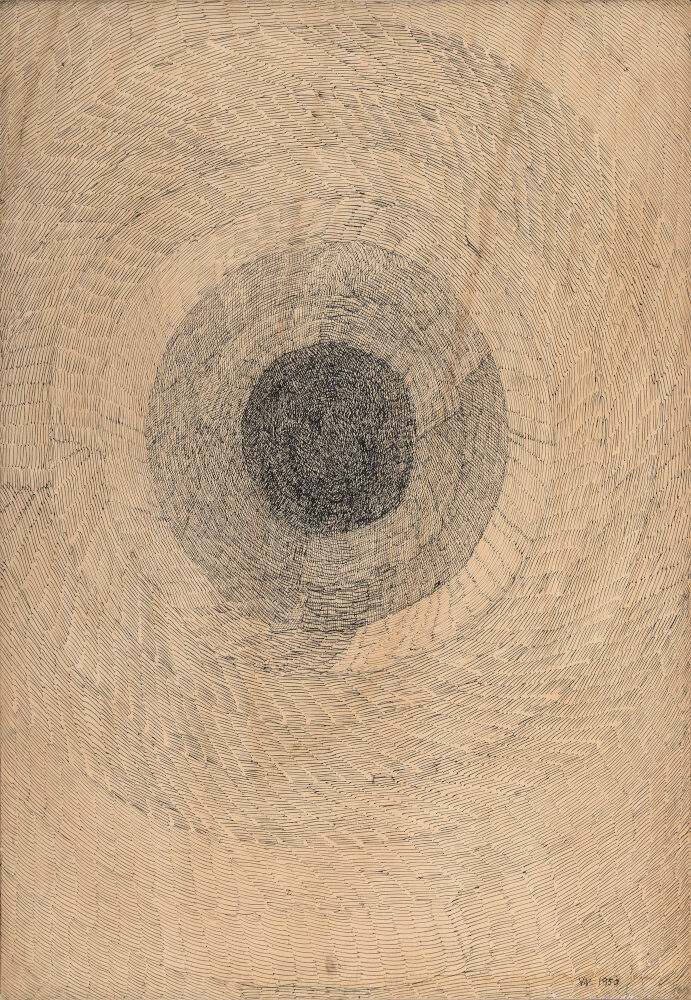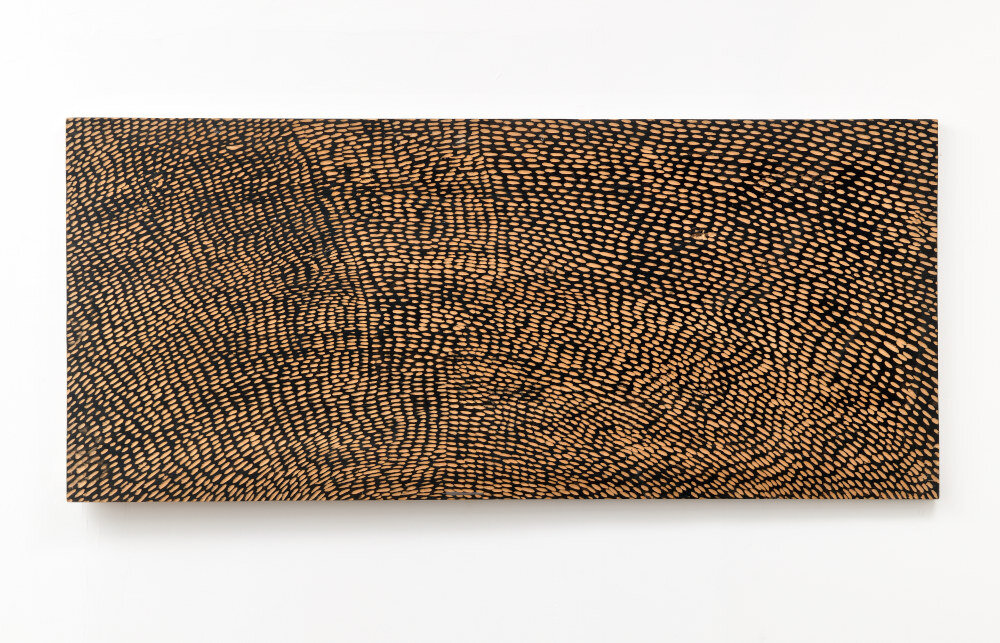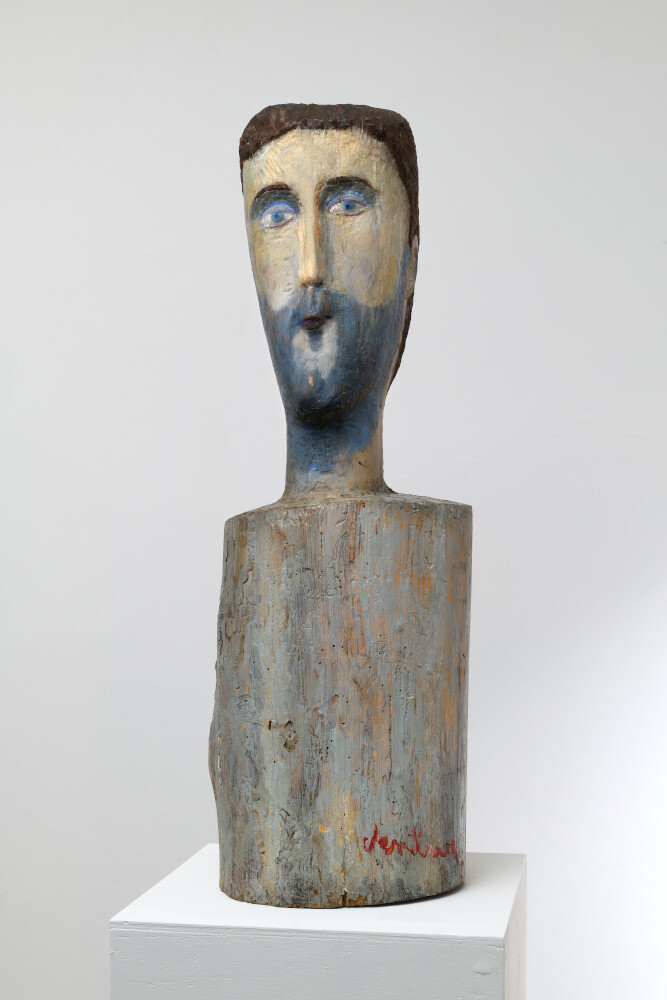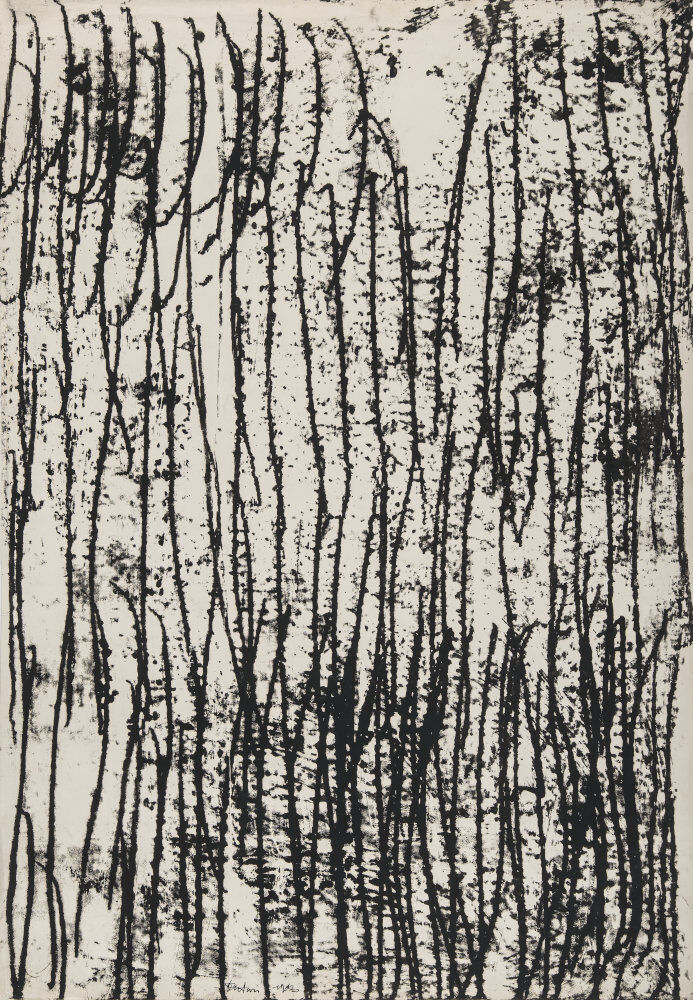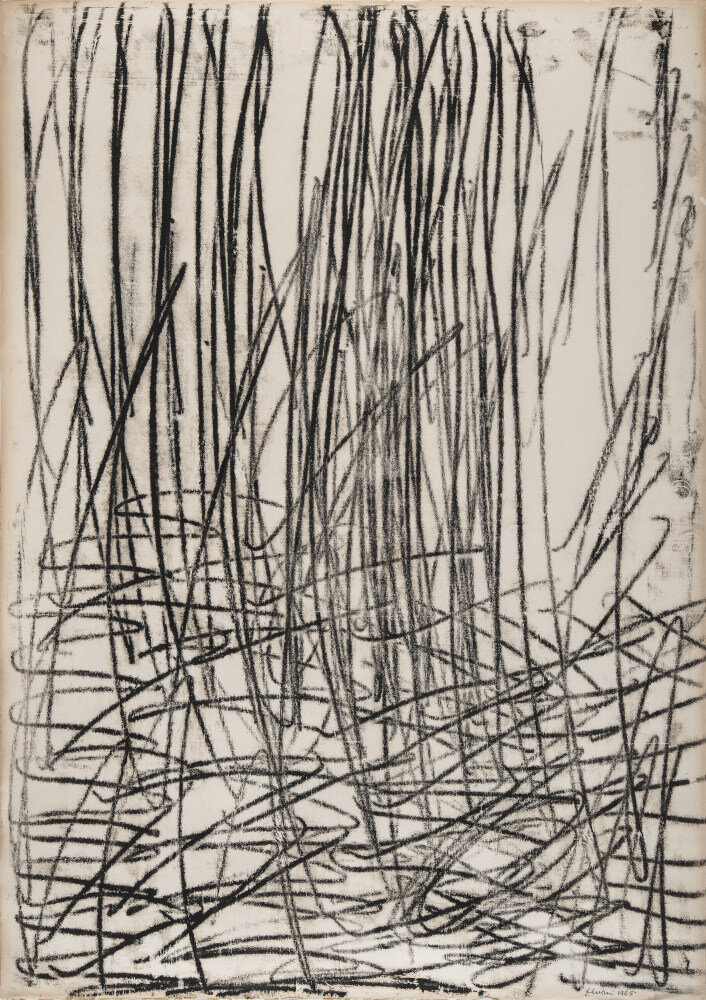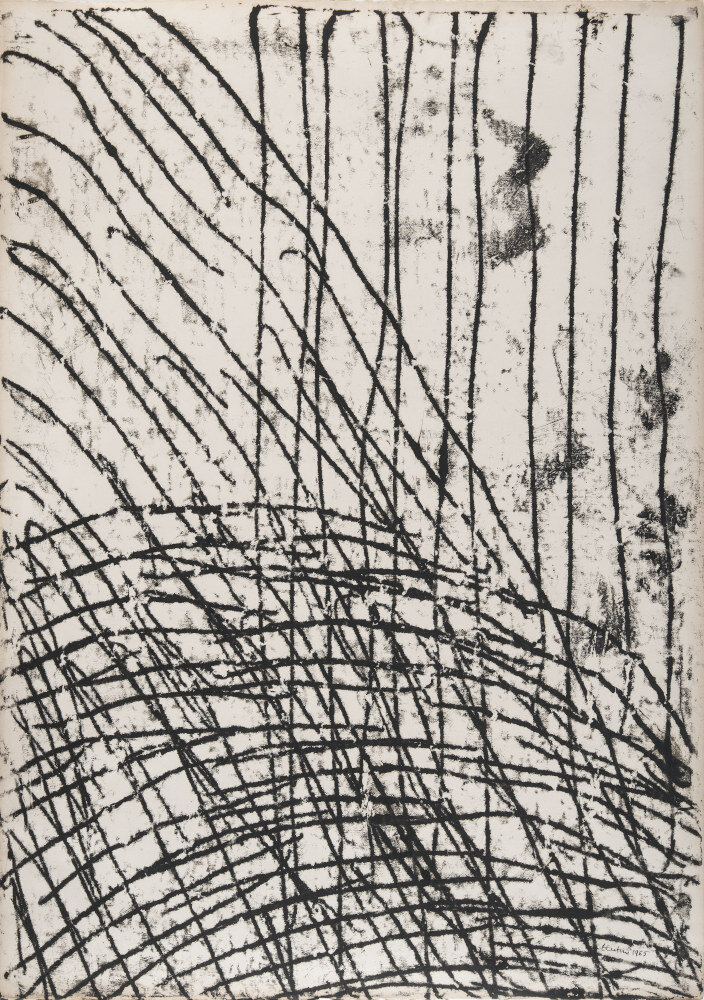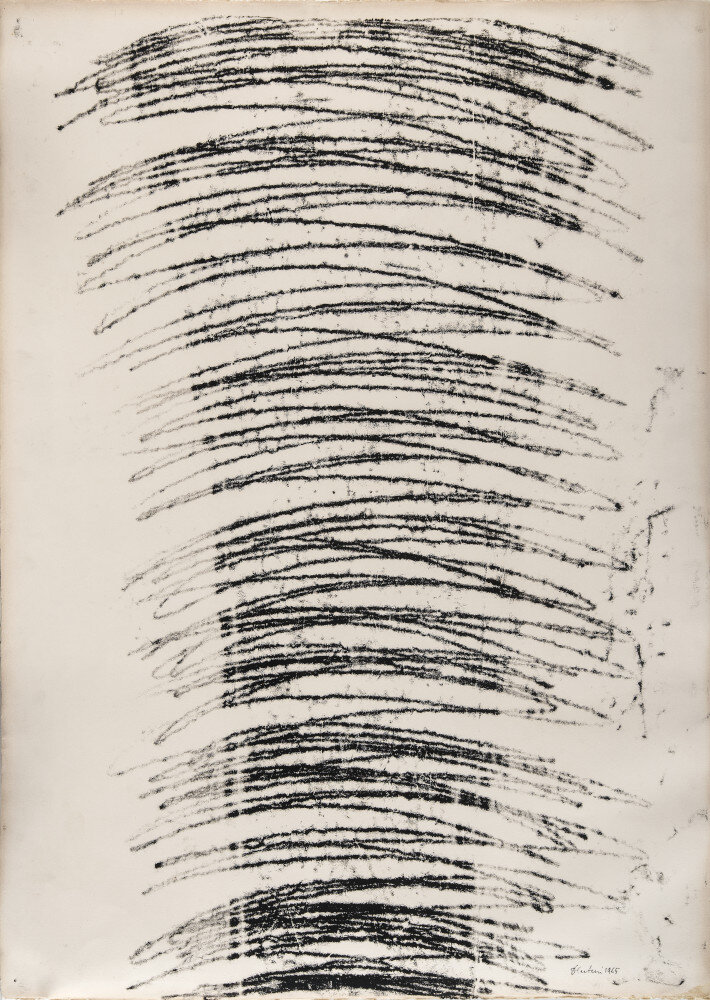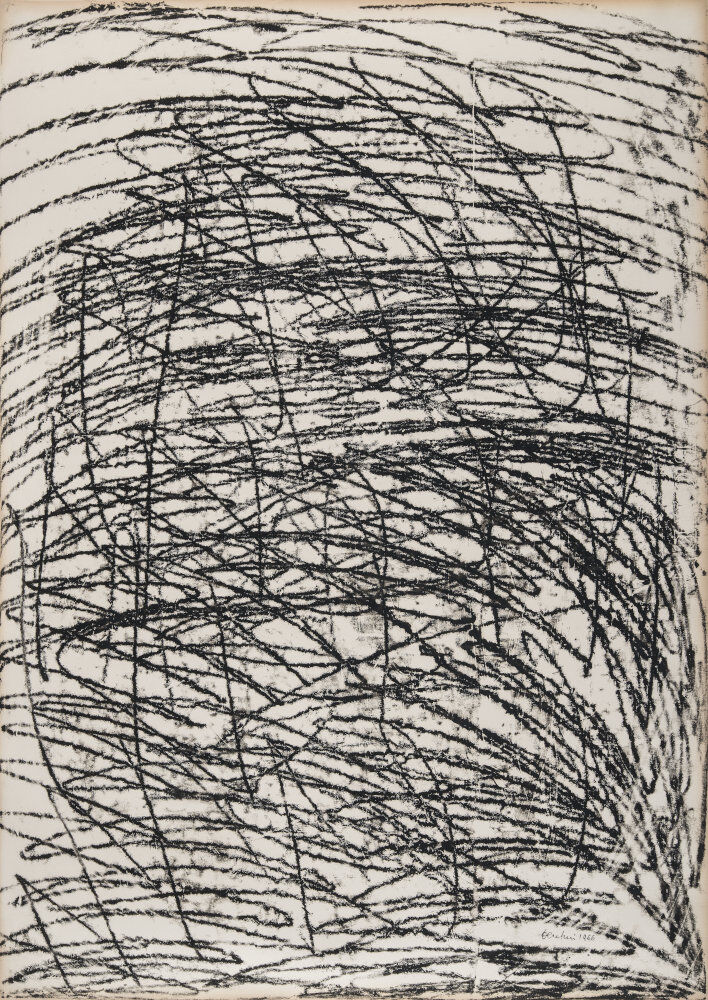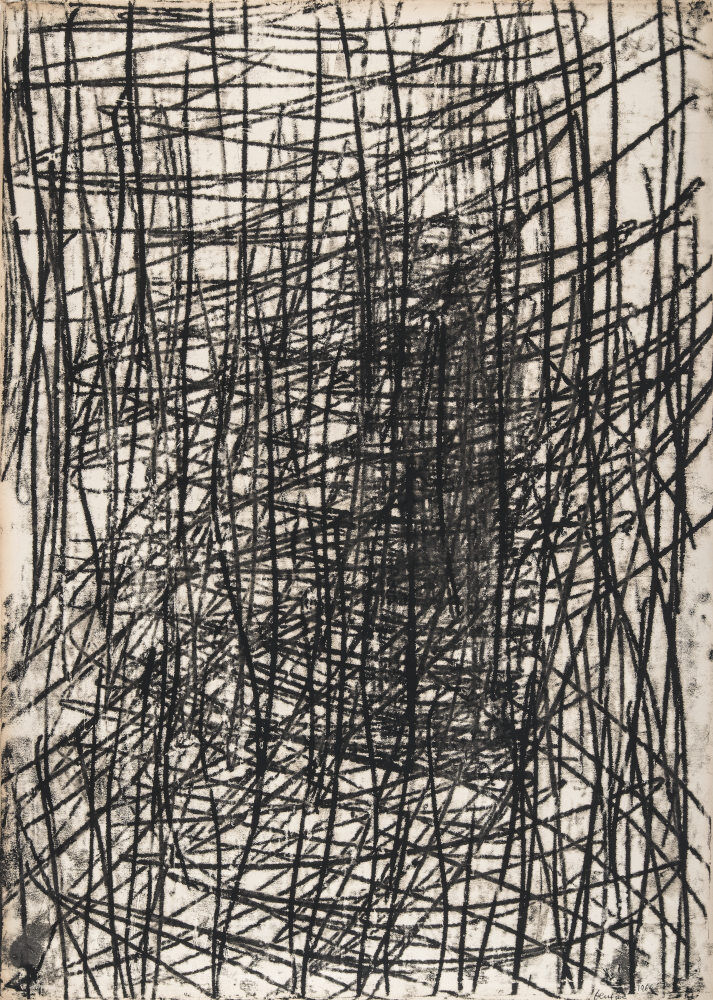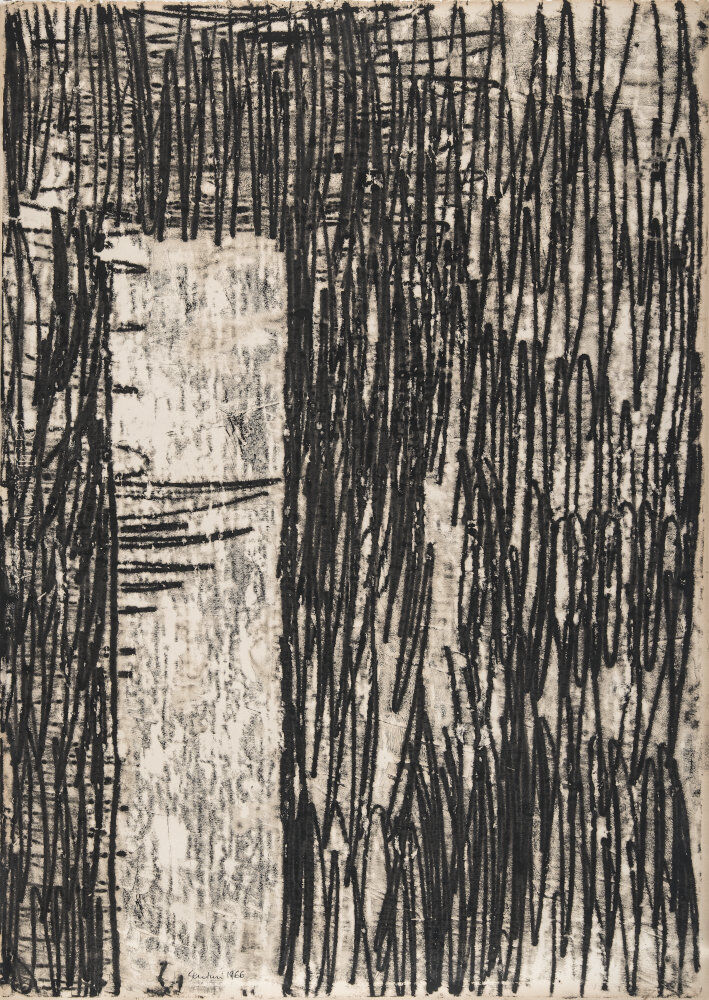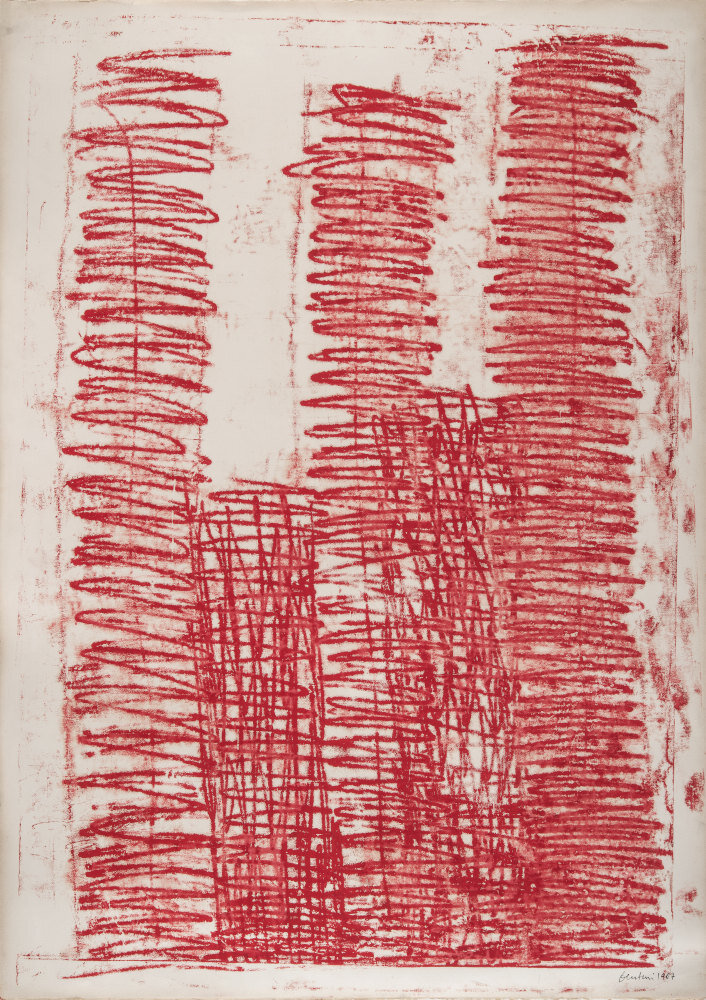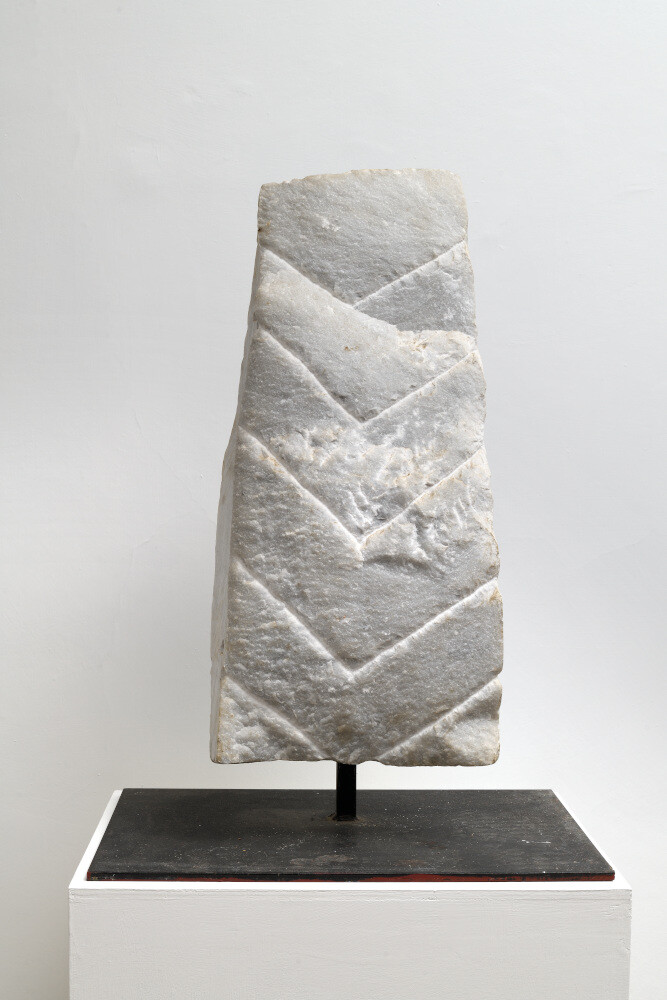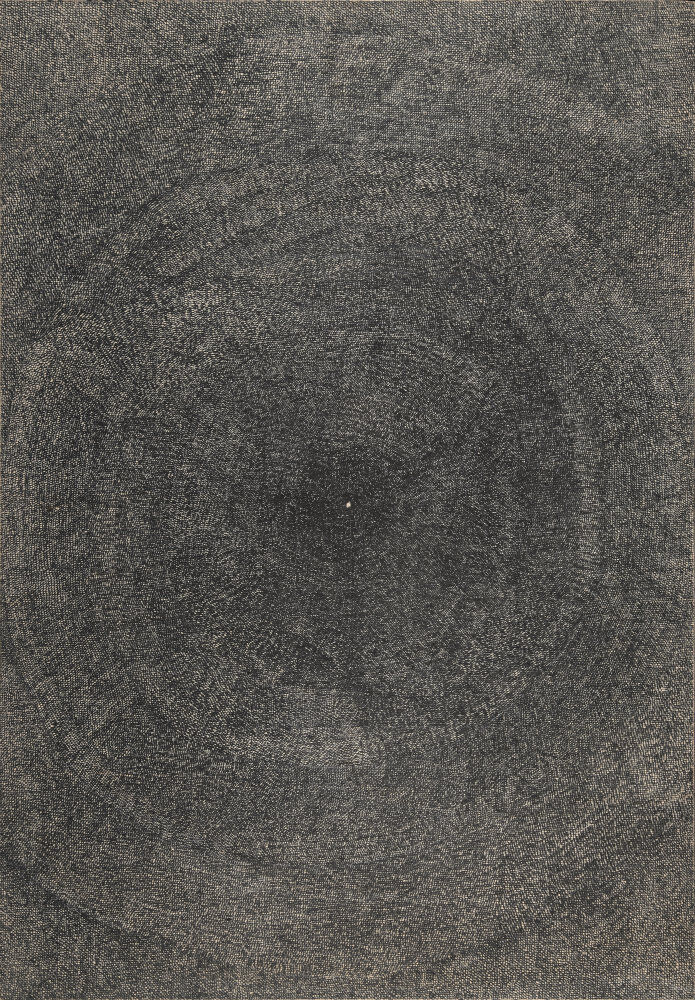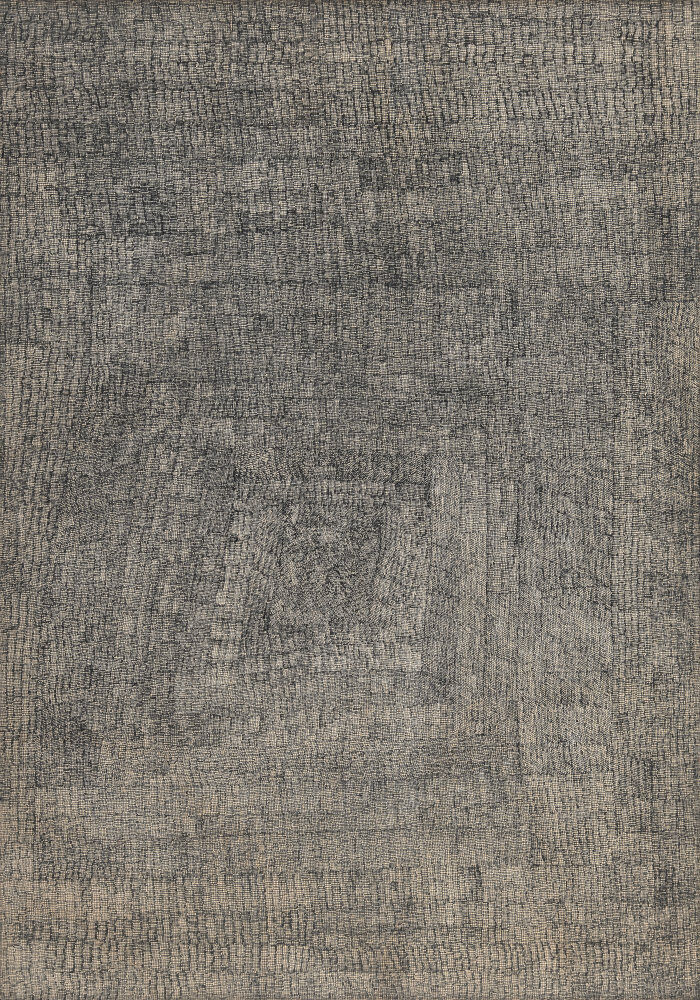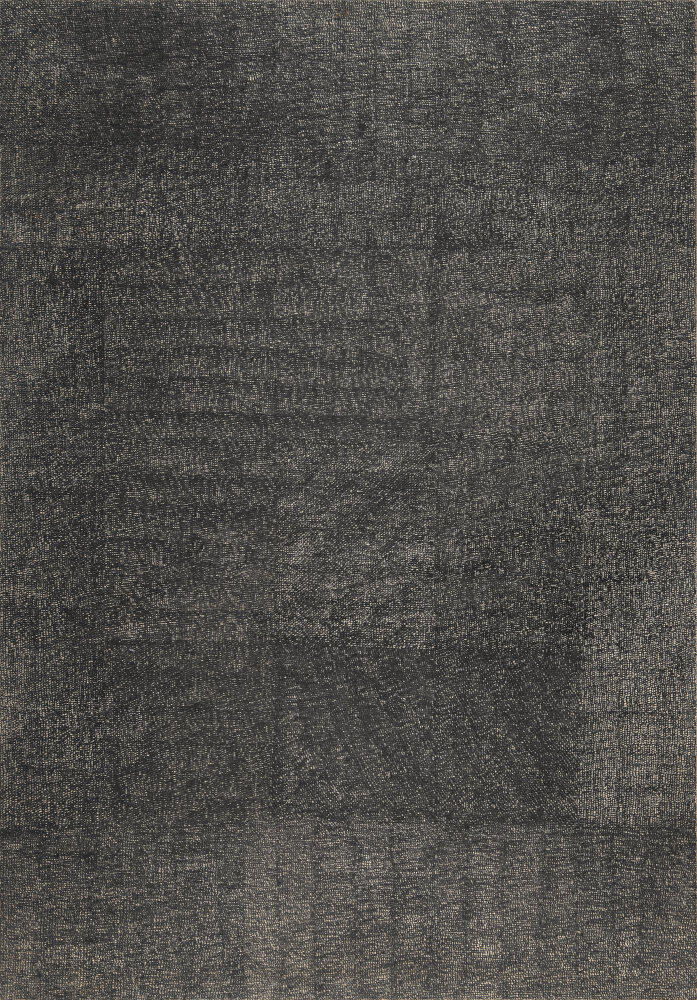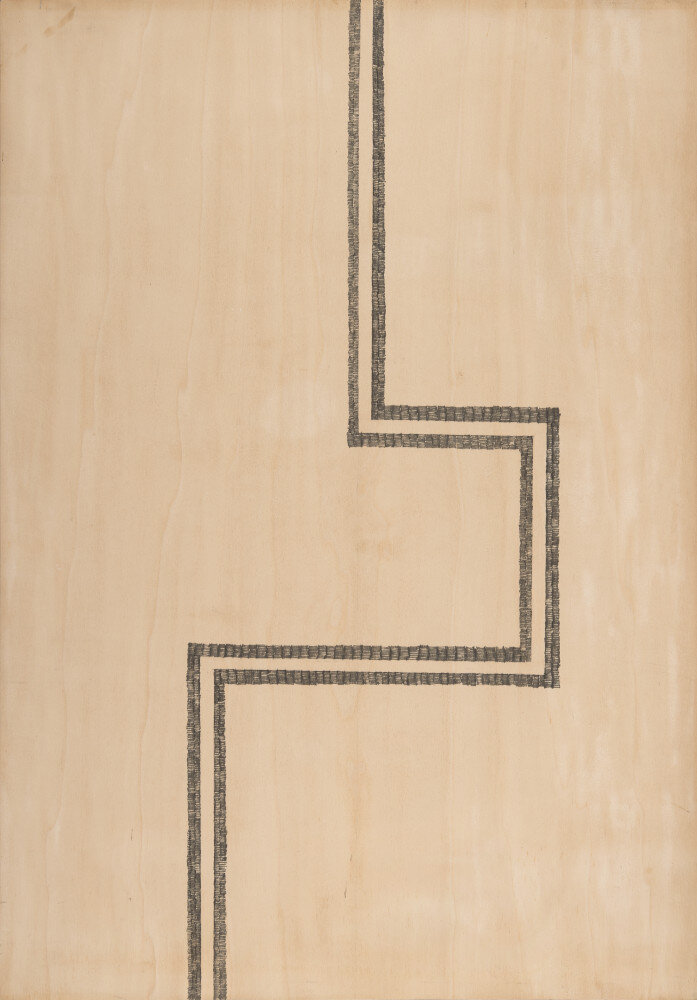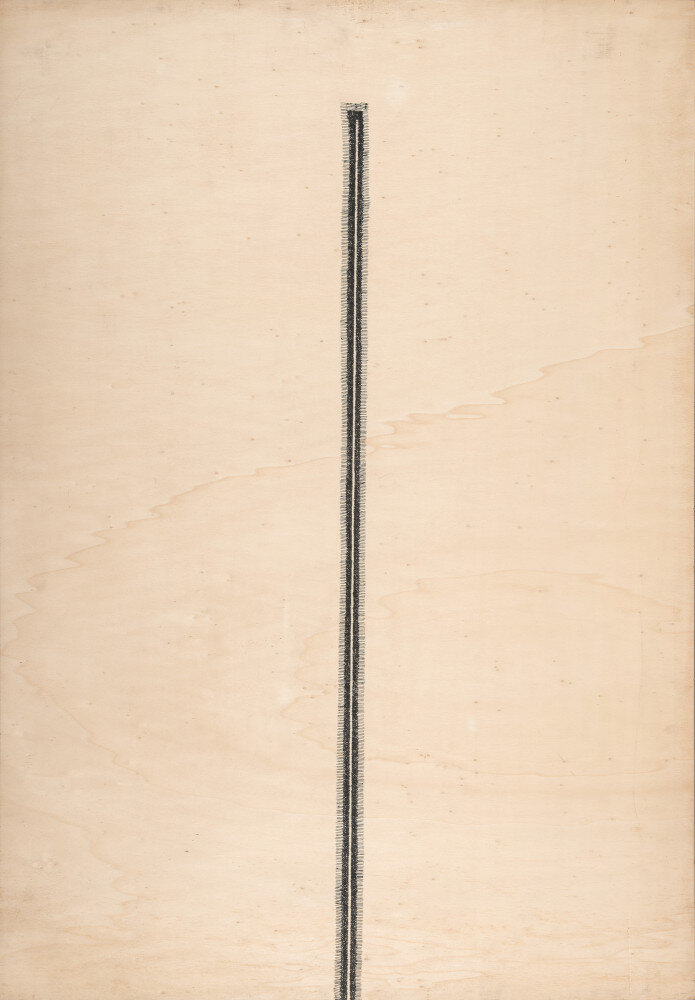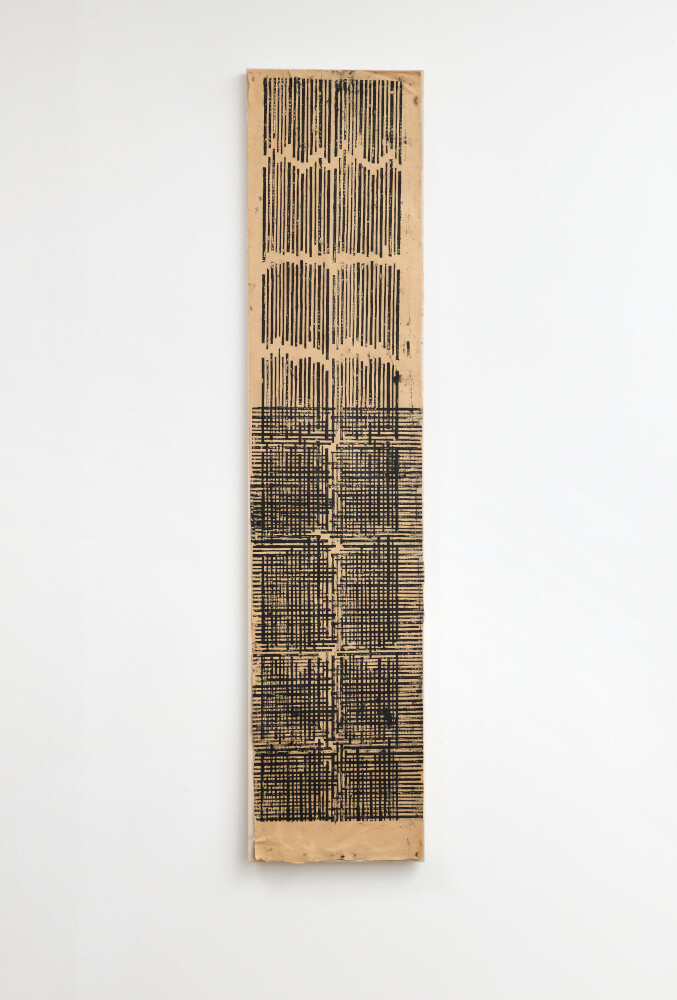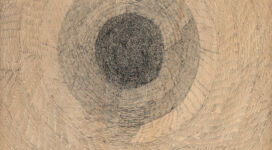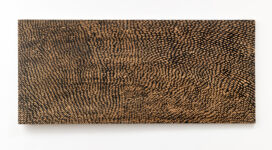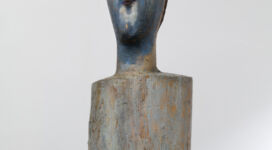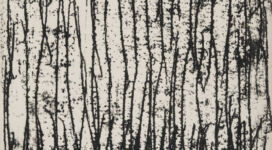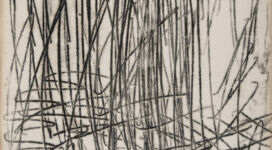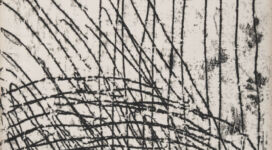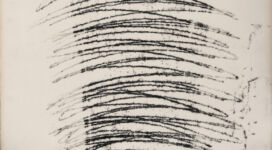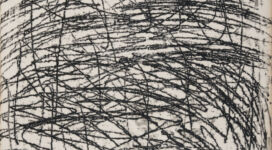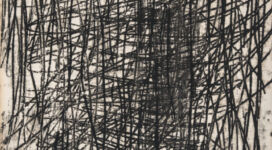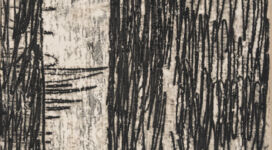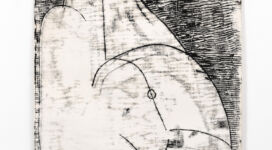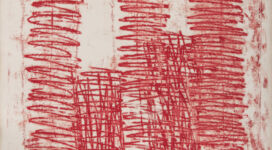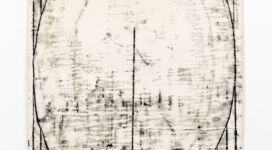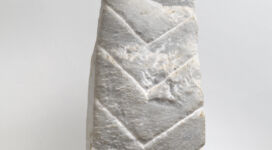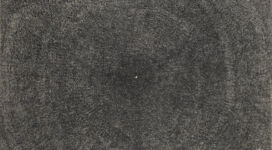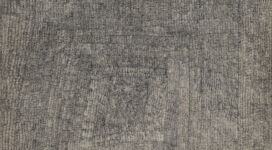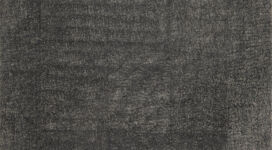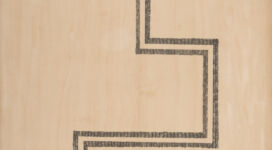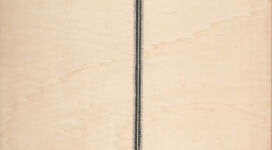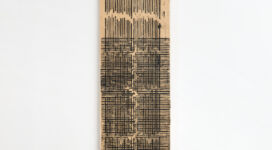| VENTURINO VENTURI | Exhibition 2023 | |
| Magazine |
Venturino Venturi was born on 6 April 1918 in Loro Ciuffenna. In 1923 he followed his anti-fascist father to Étain in Meuse, France. The family lived for a period in France and later in Luxembourg. It is here that Venturino would spend his whole childhood and complete his technical schooling. In 1936 Venturino came to Florence, where he attended the Institute of Art at Porta Romana and then the Academy of Fine Arts. His period of study in Florence was an intense time. His days were spent between his academic studies and meetings with numerous artist and literati friends, in his Florentine studio in Via Cherubini, his birthplace Loro Ciuffenna and the traditional Giubbe Rosse rendezvous in Piazza della Repubblica. In 1940 he was called up and sent to the front in Albania where he was seriously wounded. As a result, he was moved to the Military Hospital in Florence, where he remained until 1943. He took part in all the main national art exhibitions put on in Bologna, Milan and Florence in these years, and continued to frequent his artist and literati friends. A few days after the liberation of Florence in April 1945, Venturino held his first solo exhibition in the central Galleria La Porta. From 1947 to 1949, he lived in Milan where his frequent contact with the artists best-versed in the most up-to-date formal research (including Renato Birolli and Lucio Fontana, who invited him to take part in the Manifesto Spazialista) compounded his abstract bent. Again in Milan, in 1948, he won the Gariboldi sculpture award with Autoritratto. In 1950 he was selected for the 25th Venice Biennale, where he presented Élan dans l’espace, a plaster relief painted with geometrical figures. In 1953 he was joint winner with the sculptor Emilio Greco of the International Competition for a Monument to Pinocchio, held in Collodi. Just as he was finishing this challenging work, he was forced to abandon it owing to acute depression, which took him to the San Salvi psychiatric hospital in Florence, where he continued working, making an important series of large pastel and tempera drawings on paper, and an Autoritratto in pietra serena. In 1959, he took up his work again full time. In 1960 Galleria La Strozzina in Florence dedicated an important anthological exhibition to him curated by Mario Bergomi. In 1961 Carlo Ludovico Ragghianti presented Venturino’s Monotipi at the University of Pisa’s Drawings and Prints Room. In 1962 he took part in the third International Sculpture Biennale in Carrara. The year 1970 marked the beginning of a twenty-year period living between Florence and Loro Ciuffenna, making public monuments and frequently exhibiting his works in private and public galleries. In 1992 Venturino made the Murale in remembrance of the Nazi massacre in Castelnuovo dei Sabbioni, in the municipality of Cavriglia. In 1993, the Venturino Venturi museum was opened in his home town of Loro Ciuffenna. In 1999, an important anthological exhibition was held in the Arms Room in Palazzo Vecchio in Florence. On 28 January 2002 the artist passed away in Terranuova Bracciolini.
The Archivio Venturino Venturi was established in 2004 in the sculptor’s home-atelier in his birthplace of Loro Ciuffenna. The archive is currently at work to catalogue all of the artist’s ouevre. Works by Venturino Venturi are found in public and private galleries in Italy and all over the world, including: Musei Vaticani, Galleria degli Uffizi, Galleria d’Arte Moderna di Palazzo Pitti, Museo del Novecento in Florence, Museo degli Innocenti in Florence, Museo degli Argenti in Florence, MNHA in Luxembourg Ville, Museo della Grafica di Palazzo Lanfranchi in Pisa, Galleria d’Arte Moderna e Contemporanea in Arezzo, the abbey of San Miniato al Monte in Florence, the abbey of Vallombrosa, Museo di Santa Croce in Florence, Museo Diocesano in Milan, Museo di Arte Sacra in Prato, MAON in Cosenza, Palazzo Vescovile in Prato and Seminario Arcivescovile in Fiesole. His works are part of important private collections: Cassa di Risparmio di Firenze, Monte dei Paschi di Siena, UBI Banca Arezzo, Banca del Valdarno di San Giovanni Valdarno, Banca del Chianti Fiorentino di San Casciano Val di Pesa, Fondazione Cassa di Risparmio di Firenze, Fondazione Cassa di Risparmio di Pistoia e Pescia, Banca Generali di Milano and RAI Firenze.
